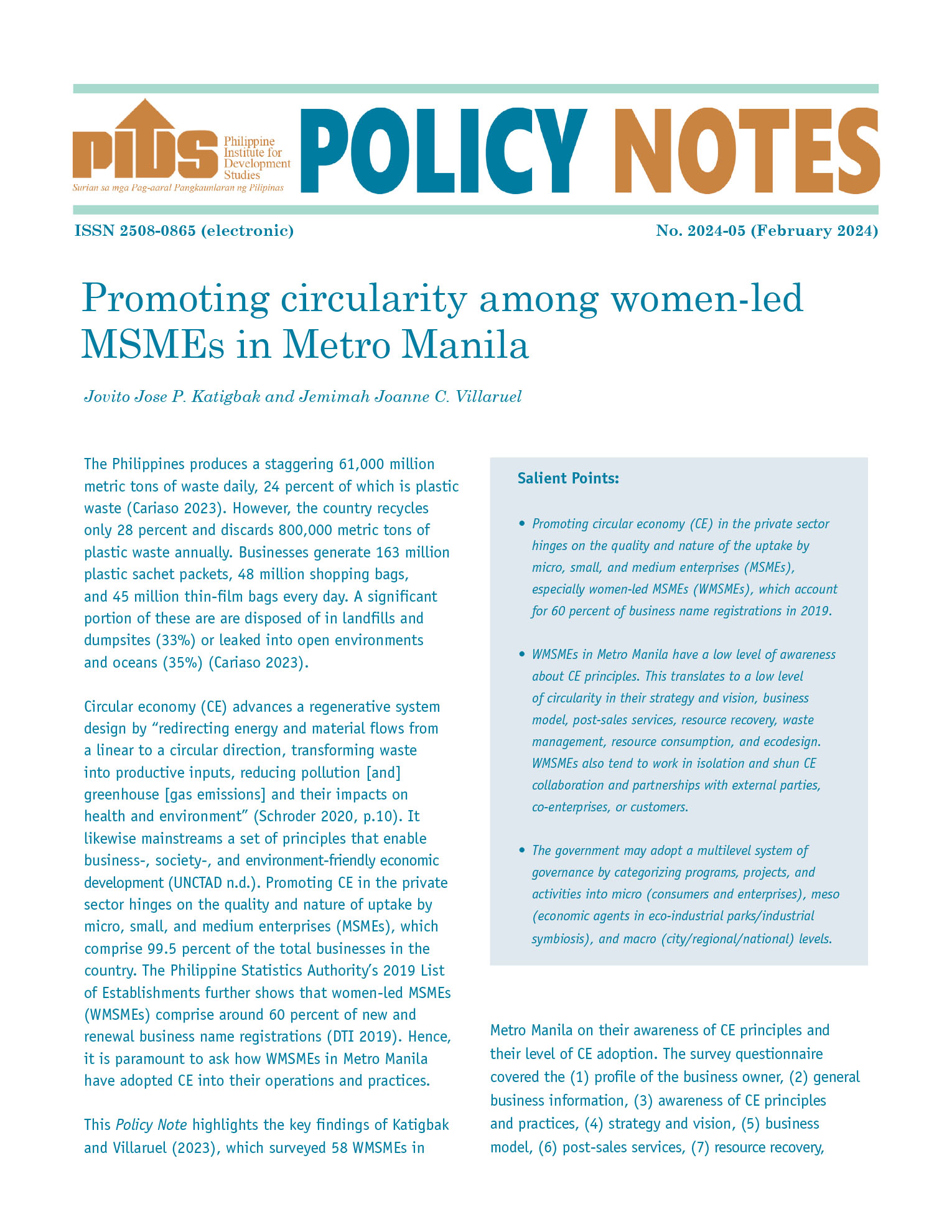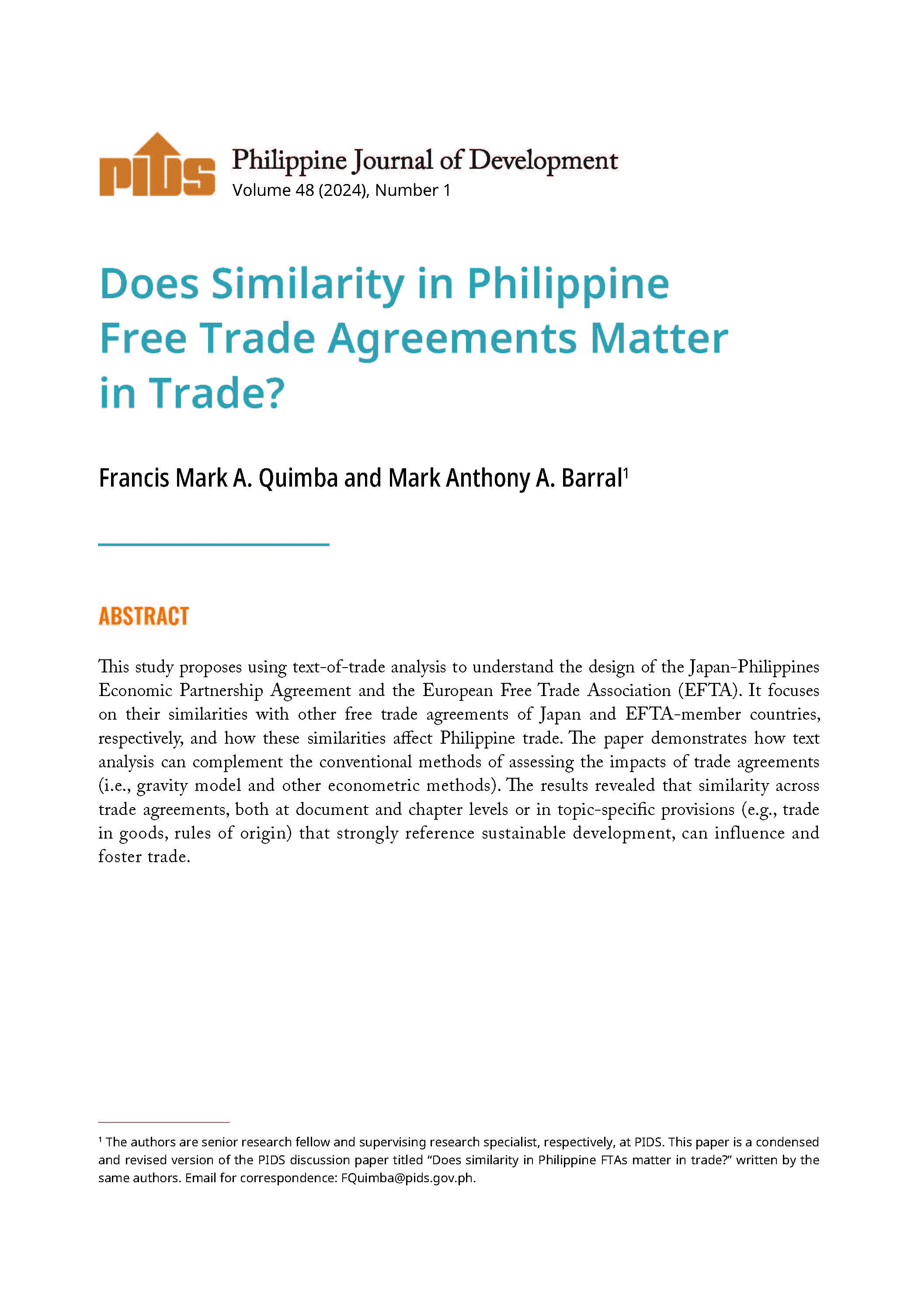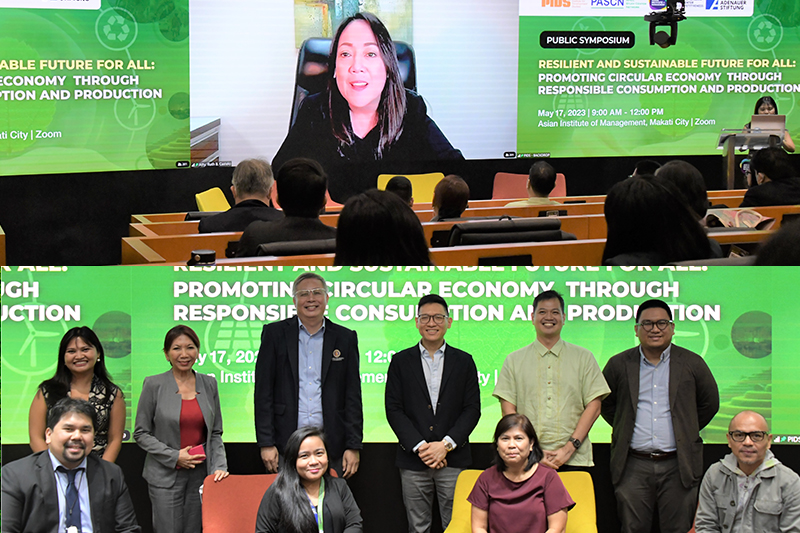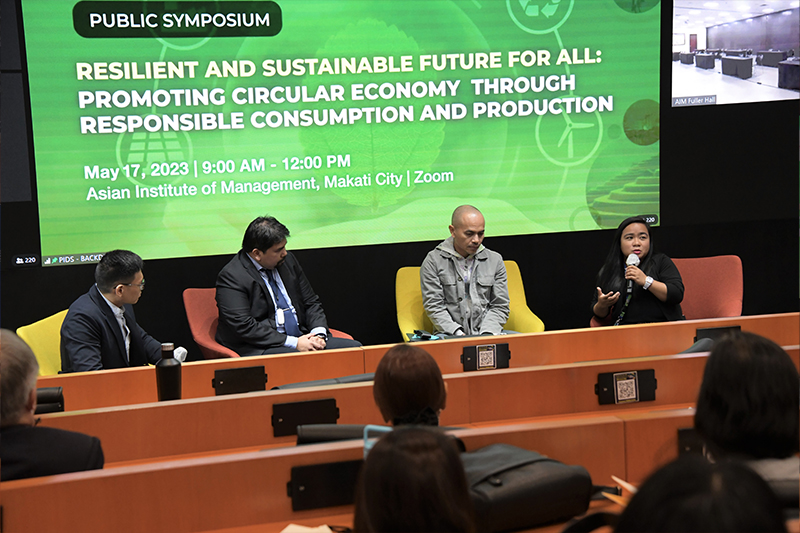THE high cost of producing livestock and poultry in the Philippines is attributed to the current high tariffs on corn imports, according to a study commissioned by the National Economic Development Authority (NEDA).
The said study was conducted to benchmark the performance of the country's livestock, poultry, and dairy producers against those of China, Thailand, and Vietnam. It found that high tariff on corn imports in the Philippines was seen as a driving force in the high cost of producing local livestock and poultry.
Corn is a major ingredient of feeds for both swine and poultry, and the Philippines is unable to benefit from the low cost of imported corn owing to high corn tariffs currently set at 217,000 tons, according to Dr. Roehlano M. Briones, research fellow at the Philippine Institute for Development Studies.
In the past decade, the Philippines had always paid for the upper bound of corn prices at $0.42 to $0.44 per kilo, whereas China's purchase price was only at $0.28 to $0.38 per kilo, Vietnam at $0.22 to $0.29 per kilo, and Thailand at $0.19 to $0.24 per kilo.
The study showed that the cost of producing swine in the Philippines at P112.40 per kilogram of carcass weight was the highest among the countries covered, with that in Thailand at P99.16.
It also pointed out that the feed cost per kilogram in the Philippines was P64, while that in Thailand's was P54.54.
For commercial scale broiler farms, the cost per unit of broiler was highest in the Philippines at P92.40, and the lowest in Vietnam at P56.04. The share of feeds in the total production cost in the Philippines was 65 percent, while that in Vietnam was only at 41 percent.
Among Dr. Briones' recommendations was the need to undertake a comprehensive review of trade policies affecting the value chain to support greater competitiveness of the livestock, poultry, and dairy industries.
The study also pointed out that the government must earmark collections from tariffs on pork and chicken imports for funding of regulatory services and production support, as well as for investment in research and data collection as inputs to policy and program development.
The Philippine Association of Feed Millers Inc. and the more than 400 small- and medium-scale animal feed producers in the country have been reiterating the need for government to review the current high tariff rates on corn at a time when global supply has been tight, local production has been lower, and prices of both local and imported corn have increased by double digits.
At the same time, feed millers are seeking government interventions that would bring investments into the economy's value chain of corn farms, feed milling, and livestock growing to support food security while raising the potential of all the stakeholders to increase their contributions to economic growth.












